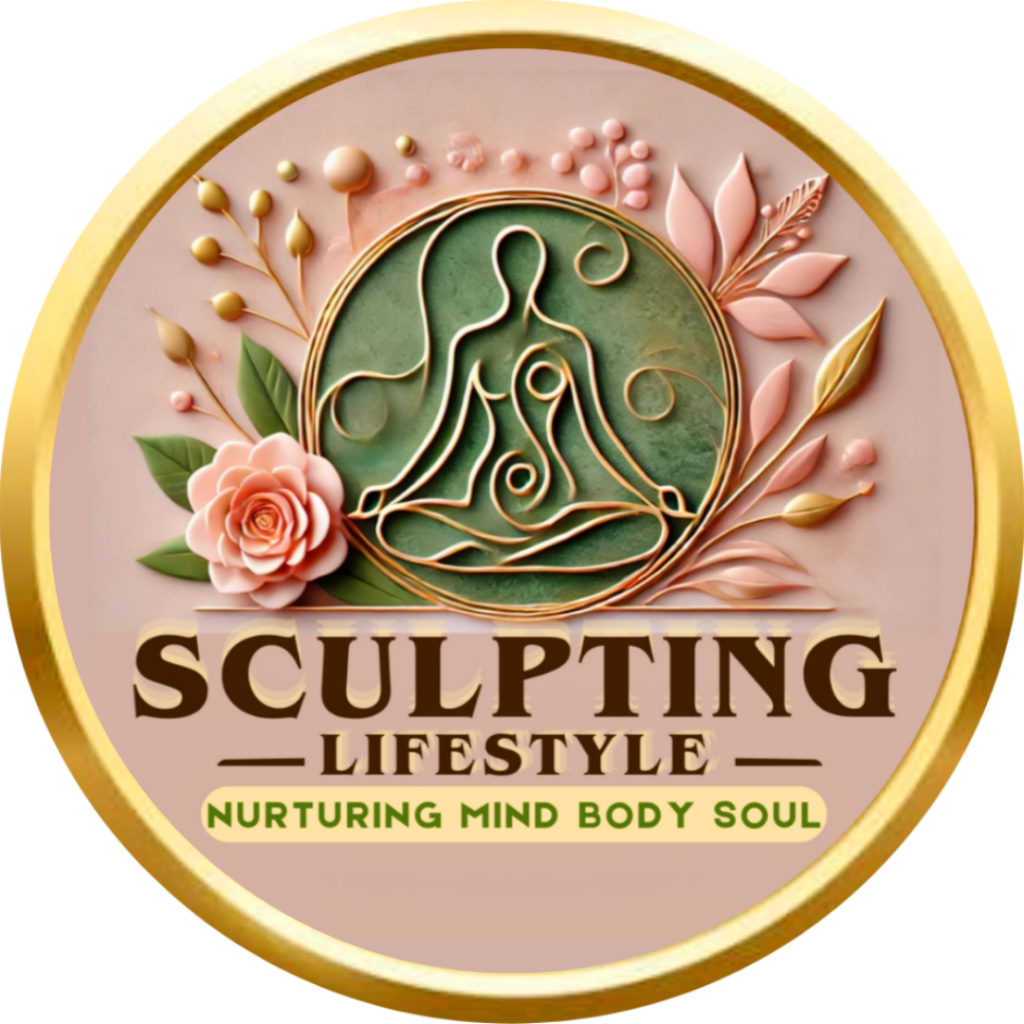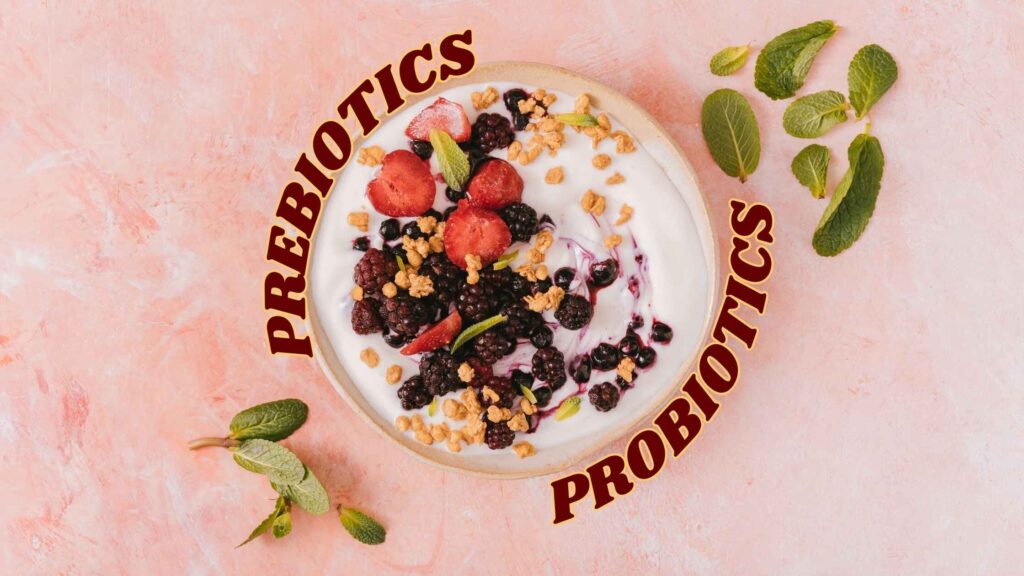When it comes to gut health, two words often come up together: prebiotics and probiotics. While they may sound similar, they play very different — but equally important — roles in keeping your digestive system balanced and your body healthy.
Think of your gut as a garden. Probiotics are like planting healthy seeds (good bacteria), while prebiotics are the fertilizer that helps those seeds grow. Without one, the other can’t work as effectively.
What Are Probiotics?
Probiotics are live, beneficial microorganisms — mainly bacteria and some yeasts — that live in your gut and help maintain a healthy balance in your digestive system.
They can:
- Support digestion
- Strengthen immunity
- Reduce harmful bacteria growth
- Produce certain vitamins like B12 and K2
- Improve gut lining health
Common Sources of Probiotics:
- Curd (yogurt) with live cultures
- Kanji (Indian Fermented Drink)
- Kefir
- Sauerkraut
- Kimchi
- Miso
- Tempeh
- Kombucha
- Idli or Dosa Batter
- Some probiotic supplements
What Are Prebiotics?
Prebiotics are a type of dietary fiber that your body can’t digest but your gut bacteria can. They act as food for probiotics, helping them grow and thrive.
They can:
- Improve gut bacteria diversity
- Enhance mineral absorption (like calcium and magnesium)
- Support bowel regularity
- Reduce inflammation in the digestive system
Common Sources of Prebiotics:
- Garlic
- Onion
- Leeks
- Bananas (especially slightly green ones)
- Asparagus
- Organic Honey
- Oats
- Flaxseeds
- Apples
Why We Need Both
Probiotics introduce good bacteria into your gut, but without prebiotics, these bacteria won’t have enough fuel to survive and multiply. That’s why they work best together.
For example: eating curd (probiotic) along with banana (prebiotic) is a perfect gut-friendly combination.
Health Benefits of Prebiotics and Probiotics
-
Better Digestion
They help break down food, prevent bloating, and improve nutrient absorption. -
Stronger Immunity
A balanced gut microbiome trains your immune system to fight off harmful pathogens. -
Improved Mental Health
Through the gut-brain axis, they influence mood and may help reduce anxiety, depression, and brain fog. -
Weight Management
Healthy gut bacteria can regulate appetite hormones, blood sugar, and fat storage. -
Reduced Inflammation
They can calm inflammatory responses, lowering the risk of chronic diseases.
Signs We May Need More Pre & Probiotics
- Frequent digestive issues (gas, constipation, diarrhea)
- Low immunity or frequent colds
- Skin problems like acne or eczema
- Food intolerances
- Fatigue and mood swings
If you notice several of these signs, improving your intake of both could help restore balance.
How to Include Them in Your Diet
Daily Probiotic Tips:
- Have a bowl of homemade curd with lunch or dinner.
- Have Curd Rice as a meal.
- Drink kefir or buttermilk in summer.
- Beet and Carrot Kanji in winters.
- Add Fermented Pickles to the meals.
- Add a small portion of fermented vegetables like kimchi or sauerkraut to meals.
- Choose yogurt with “live cultures” mentioned on the label.
- Have Idli or Dosa with Sambar as Meals.
Daily Prebiotic Tips:
- Add chopped onion or garlic to cooking.
- Start your day with oats topped with banana and flaxseeds.
- Snack on an apple or pear in the afternoon.
- Include a salad with asparagus, carrots, or greens.
Probiotic Supplements: Do You Need Them?
While many people can get enough from food, supplements can be helpful if:
-
You’re on antibiotics (which kill both good and bad bacteria)
-
You have digestive disorders like IBS
-
You have frequent infections or low immunity
If you take supplements, choose one with multiple strains (like Lactobacillus and Bifidobacterium) and a high CFU count (colony-forming units).
Precautions and Side Effects
-
Introducing too many probiotics suddenly can cause temporary bloating or gas. Start slow.
-
People with immune-compromising conditions should consult a doctor before starting probiotic supplements.
-
Excess raw prebiotics (like too much raw onion or garlic) can cause discomfort in sensitive stomachs.
-
Balance is key — too much of either doesn’t mean better health.
The Bottom Line
Prebiotics and probiotics are the perfect partners for a healthy gut. Probiotics add beneficial bacteria, and prebiotics help them grow and function effectively. Together, they improve digestion, immunity, mood, and overall health.
The simplest way to take care of your gut is to eat a diverse, plant-rich diet, include a mix of fermented foods, and give those good bacteria the fuel they need to thrive. Remember, gut health is not built in a day — but with consistent small steps, you can create an environment where your gut (and you) feel your best.



